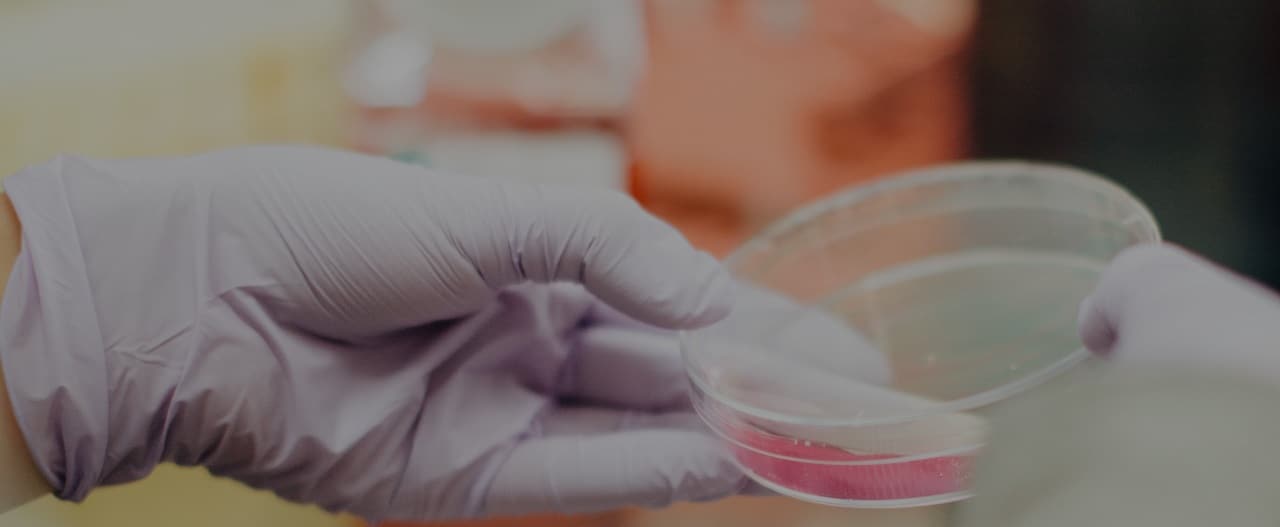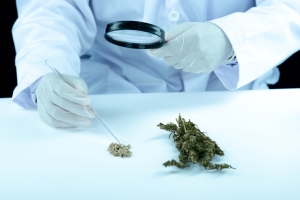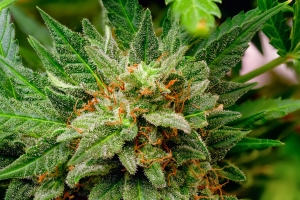Medical Marijuana and Huntington’s Disease
Medical marijuana has been found to have many medical properties, especially since its mass legalization in the United States over the last few years. The easing of State laws for both recreational and medicinal cannabis use has opened up the floodgates for new research and studies.
In this article, we will be exploring the potential implications of medical cannabis use for sufferers of Huntington’s disease. Also, how it’s potential medicinal properties may benefit sufferers of this debilitating condition.
Huntington’s disease is a hereditary illness for which there is currently no cure. The pharmaceutical medication that is available aims to relieve the symptoms of the disease, but often with consequential side effects. Medical marijuana is an option that can relieve these symptoms without any of the nasty side effects that many sufferers endure.
What is Huntington’s Disease?
Huntington’s Disease is a genetic condition that affects the nerves in the brain. It causing both physical and cognitive impairment. Symptoms of the condition usually start between the ages of 30-50. However, in some cases, there can be an early onset where the patient sees symptoms in their twenties or even earlier as a child (Juvenile Huntington’s).
The patient’s conditions gradually deteriorate until, eventually, it becomes fatal. This is usually over a 15-20 year period. However, it can differ in each case. The earlier the onset, the more rapidly it is likely to worsen.
Huntington’s Disease can be passed on to the following generation if one of the parents carries the mutated gene. If their parent has the gene, the child has a 50 percent chance of inheriting it. One hundred percent of the people who inherit the gene will begin to show the symptoms at some point in their life, should they live long enough.
Fortunately, those who are lucky enough to avoid inheriting the gene will not become carriers. Therefore they will not pass the gene on to their children.
Symptoms
The common symptoms for Huntington’s Disease include:
- Problems with memory
- Clumsiness and stumbling
- Mood swings & irritability
- Involuntary movements (jerking of limbs)
- Difficulty concentrating
- Mood swings & changes to personality
- Depression
- Seizures/tremors (though more common in juvenile cases)
Like any disease, symptoms will differ between each person. So, will the effectiveness of the treatments that can be used to relieve them.
Treatments
There are different medication options when it comes to treating the symptoms of Huntington’s Disease. The choice of medication will be tailored around each individual’s needs. It depends on the type and severity of their symptoms. As the patients’ condition worsens, the dosages will typically be increased in order to deal with the increasingly chronic symptoms.
One of the main issues that sufferers report is a tendency for mood swings and an increased likelihood of depression. In order to combat this, doctors will often prescribe antidepressants and antipsychotic drugs. There are often varying responses to these kinds of drugs. For some people, moods and behaviors can be improved. For others, there can be negative side effects, and symptoms can worsen.
In recent times the research has been more promising, but there is still plenty more work to be done. With the legislation surrounding cannabis becoming much more relaxed, more further studies into the potential benefits of marijuana as a medicine are being conducted.
How Medical Marijuana can Affect Huntington’s Disease
The medicinal properties of cannabis have been widely reported for quite some time now, even if it is mainly anecdotally. As time goes on, and the amount of research funding increases, so too do the potential treatment options for sufferers.
In recent studies, CBD oil has been found to reduce symptoms of anxiety and depression, which may help those who are experiencing fear about the impact the disease has on their lives. This also helps to relieve the stress and depression that sufferers often feel, without the harmful side effects that they often endure as a consequence of the treatment.
Interestingly, researchers believe that Huntington’s Disease affects the endocannabinoid system, which is the system that CBD directly interacts with. There may yet be a close link between CBD oil and Huntington’s disease treatments when used as part of a supplementation routine, but this still remains to be seen.
Until then, medical marijuana offers a lot of benefits to Huntingdon’s sufferers in terms of symptoms treatment and the easing of chronic ailments, without the side effects.






